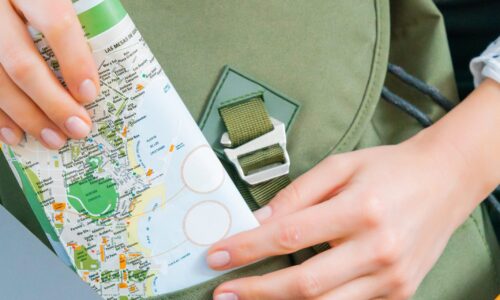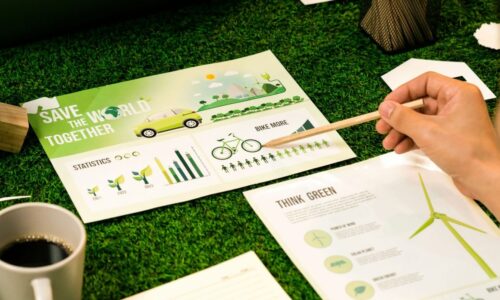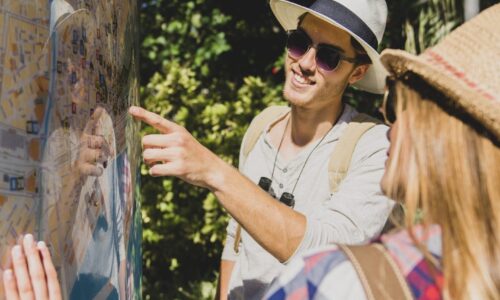Download PDF
Download PDF
Download PDF
Download PDF
Download PDF
Download PDF
Download PDF
| Cookie | Duration | Description |
|---|---|---|
| cookielawinfo-checkbox-analytics | 11 months | This cookie is set by GDPR Cookie Consent plugin. The cookie is used to store the user consent for the cookies in the category "Analytics". |
| cookielawinfo-checkbox-functional | 11 months | The cookie is set by GDPR cookie consent to record the user consent for the cookies in the category "Functional". |
| cookielawinfo-checkbox-necessary | 11 months | This cookie is set by GDPR Cookie Consent plugin. The cookies is used to store the user consent for the cookies in the category "Necessary". |
| cookielawinfo-checkbox-others | 11 months | This cookie is set by GDPR Cookie Consent plugin. The cookie is used to store the user consent for the cookies in the category "Other. |
| cookielawinfo-checkbox-performance | 11 months | This cookie is set by GDPR Cookie Consent plugin. The cookie is used to store the user consent for the cookies in the category "Performance". |
| viewed_cookie_policy | 11 months | The cookie is set by the GDPR Cookie Consent plugin and is used to store whether or not user has consented to the use of cookies. It does not store any personal data. |
The TOUCAN Recognition and validation test could be used independently, but in the framework of prepared training modules within PR1, this act as a pre- and post- questionnaire to allow for progress comparison. The estimations are that on average the level increase by about 55-60% when comparing the pre- and post-results.
Consisting of the following seven training modules:
The project train professionals in the tourism sector to promote circular economy solutions in their companies in order to make the tourism sector more sustainable and in line with the environmental objectives set by the EU. The transnational dimension of the project will facilitate the exchange of good practices and ideas in all participating countries. The lack of environmental skills among tourism professionals is a European phenomenon and should be addressed in a transnational way. Two of the four priorities for action established in EU tourism policy are the development of sustainable tourism and the presentation of EU destinations as sustainable tourism options. A large influx of tourists causes a high environmental burden on local communities, such as excessive use of single-use plastics, excess waste, excess food scraps and higher carbon dioxide emissions due to the extra energy used to meet additional needs. Therefore, the project aims to enhance the professional development of SMEs and young entrepreneurs and VET trainers by adopting or improving knowledge and skills on the implications of the low carbon concept to the contemporary reality of the tourism industry.
Target group:
The target groups of the TOUCAN project will bridge the gap between the needs of tourism enterprises for circular economy practices and the existing capacities of employees and the VET sector. The project specifically targets employees, owners of hospitality businesses, NGOs who want to promote green attitudes in businesses, policy makers who want to improve their knowledge of the circular economy and local people who want to enjoy a better environment in areas where tourism places a heavy burden on the environment. The partners involved in TOUCAN have activities related to both tourism and environmental protection. All partners are situated between the education sector and the labour market.






